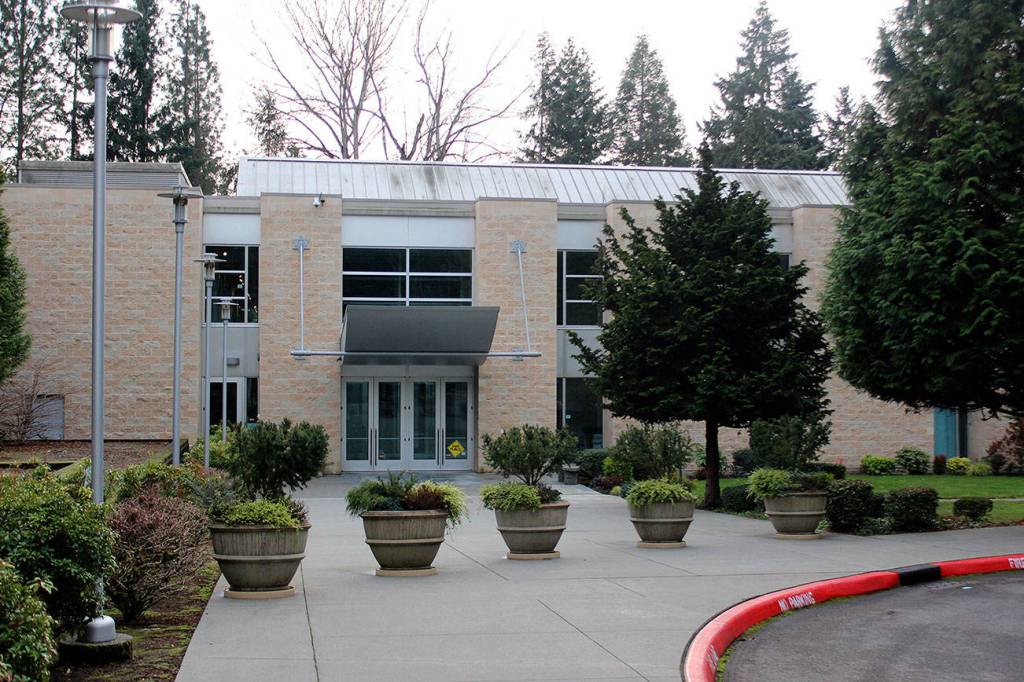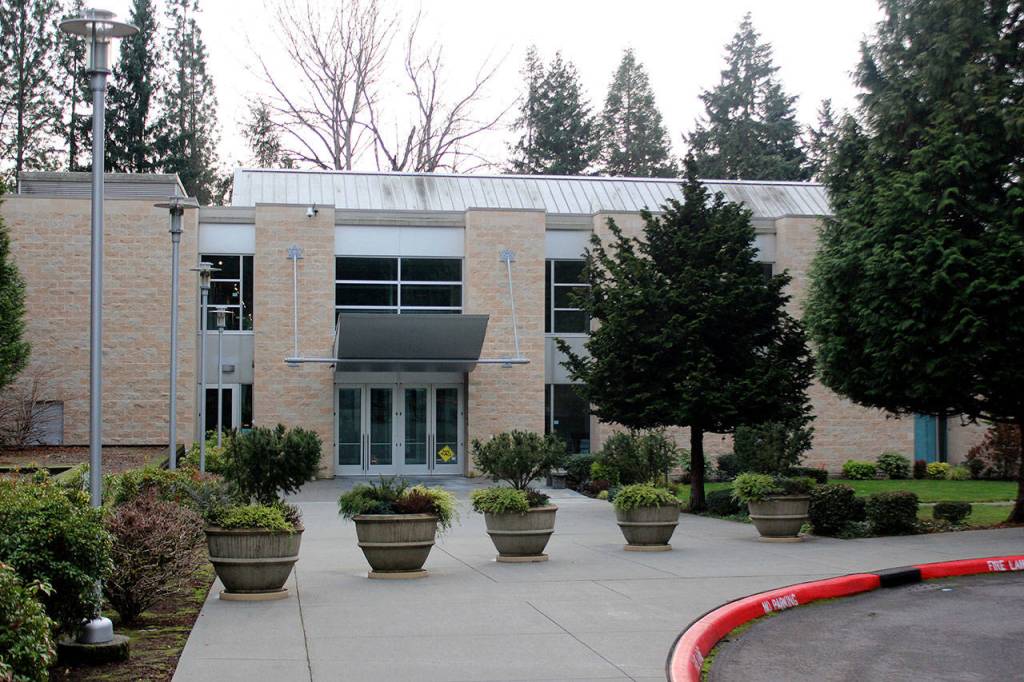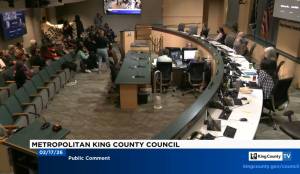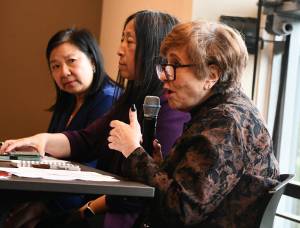Homeless encampments see rule changes in Bellevue
Published 1:30 am Friday, December 27, 2019


The city council has reduced how long a homeless encampment can be housed at a single site.
At a regular meeting on Dec. 9, the Bellevue City Council adopted an ordinance that amends the city’s land-use code (LUC) — specifically LUC 20.30U — as it relates to temporary encampment regulations.
The ordinance passed in a 6-1 vote, with councilmember John Stokes providing the lone dissenting voice.
The ordinance entails that religious organizations in Bellevue only be able to host temporary homeless encampments on their properties for 90-day periods once every 18 months. Additionally, if a faith community looking to host an encampment is in the same neighborhood as a church that has already hosted a camp, they’ll have to wait until it’s been six months since the previous host’s encampment period.
“This would mean groups can operate consecutively in the city at different religious host locations, so long as the new location was more than a mile away from any temporary encampment that operated in the prior 180-day period,” the city of Bellevue stated in a press release.
Council members in support of the ordinance agreed that the new regulation makes it so no one church or area is more affected than another.
“There is nothing in code today… that stops a church from serving people experiencing homelessness as long as they serve them within their walls,” Councilmember Jennifer Robertson said, clarifying that the ordinance impacts encampments specifically.
Stokes, who was the only member of the council who voiced his opposition to the ordinance, felt the regulations hurt the city’s ability to address homelessness effectively.
“I’m just concerned we’re not balancing the overall — looking at the whole community, looking at the people who are in need, looking at the rights of the faith community and thanking them for actually engaging in this,” Stokes said. “I think we’re missing an opportunity to really move forward and not be stuck in what we were doing 14 years ago.”
The public comment section of the meeting was characterized by those who felt the proposed ordinance was too restrictive on faith communities or not as restrictive as it could be.
Bill Hallerman, the vice president and agency director of Catholic Community Services of King County, encouraged the city to not be too limiting, as faith communities have been “the deepest, strongest and most consistent partners” in homelessness mitigation.
“Church folks know that tent encampments are not the final answer, but they also know that the inside of their churches are somewhat limited to serve folks with pets or possessions,” Hallerman said. “They also know that folks are safer here than they are (when) isolated in the woods… Don’t pick a Constitutional fight with churches that are your best partners. Don’t try to limit their commitment. Instead, embrace their help, their energy, their passion.”
Rabbi Sydney Danziger of the Temple B’nai Torah, a synagogue that had filed a lawsuit against the city in 2005 (claiming that then-in-place homeless encampment codes acted against their religious freedoms), also spoke at the meeting. She said that with too much restriction, the city is hindering religious obligations, as the Jewish faith necessitates that those in need are always assisted.
The synagogue has hosted Tent City 4 a total of five times.
“We are the most frequent host in the city of Bellevue,” Danziger said. “We lament this. We would hope that other organizations would step forward and also do their religious obligation of hosting the most vulnerable in Bellevue. We know that those experiencing homelessness are profoundly impacted by stability. By making them move from site to site, from city to city, on a regular basis makes it more difficult to receive the services they need.”
On Jan. 7, the ordinance will go before the East Bellevue Community Council for approval; then, on Jan. 27, the consent decree, which has been governing temporary encampments in Bellevue since 2006, will expire.
To see the full conversation, go to the meeting recording online (https://bit.ly/2rR6Y2x).






